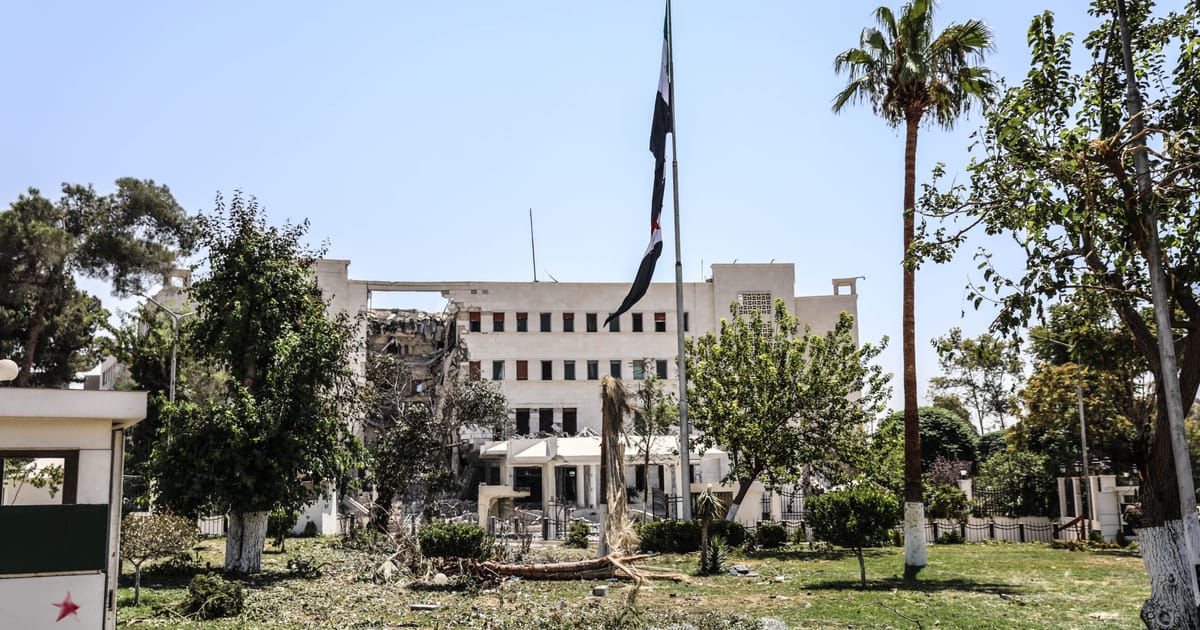

In recent days, the international scene has witnessed several encouraging developments ranging from ceasefire agreements to diplomatic negotiations, reflecting a global tendency towards dialogue and reconciliation. These events represent not only the coming together of conflicting parties but also highlight the underlying complexes of geopolitics and regional cooperation.
In the Middle East, a notable ceasefire agreement has been reached between Israel and Syria, signaling a hopeful pause in hostilities that have particularly impacted the southern Sweida region in Syria. This area has been a hotspot of conflict, where clashes between various groups, including the Druze minority, have claimed multiple lives. This ceasefire, aimed at de-escalating tensions and preventing further loss of life, marks a significant step towards peace in a region long fraught with violence. The impact of such an agreement transcends immediate cessation of hostilities, offering a platform for further talks and potential long-term settlements. Observers are cautiously optimistic about the possibilities this ceasefire opens up, underlining the importance of sustained dialogue and cooperation to maintain peace.
In another promising development, Indian Prime Minister Narendra Modi is set to make his first visit to the United Kingdom in seven years, with the primary agenda of signing a pivotal trade deal between the two nations. This visit underscores a rejuvenation of Indo-British relations and is eagerly anticipated by both countries looking to strengthen economic ties. The trade deal is expected to boost bilateral trade significantly and foster greater economic cooperation. Leaders from both sides have expressed their commitment to ensuring that this agreement benefits all stakeholders and sets a precedent for future collaborative efforts. The visit also highlights the broader context of international trade dynamics, where nations are seeking new alliances and partnerships to navigate an increasingly complex global economic landscape.
Meanwhile, the Western Hemisphere witnessed a significant diplomatic triumph with the release of ten Americans from Venezuelan custody. This exchange was part of a broader negotiation that saw the repatriation of numerous Venezuelan migrants who had previously been deported by the United States to El Salvador. This operation was facilitated by a proposal from El Salvador, reflecting a multilateral approach to resolving such complex issues. Venezuela’s President Nicolás Maduro hailed the prisoner exchange as a diplomatic success, while U.S. politicians, including Marco Rubio, welcomed the safe return of their citizens. This development not only illustrates the intricate nature of diplomacy but also emphasizes the value of international cooperation in achieving humanitarian outcomes.
These events, varying in their scope and scale, collectively underscore a wider trend of nations seeking to address conflicts and challenges through constructive engagement and diplomacy. As the world grapples with myriad challenges, these instances offer a reassuring reminder of the potential for peaceful resolutions and the power of dialogue. Whether through formal agreements, international visits, or prisoner swaps, the path to peace and cooperation continues to be paved by such mindful and collaborative efforts. The ongoing commitment to these processes is crucial in maintaining the momentum gathered by these promising developments and ensuring that peace and stability become not just brief interludes but lasting realities for communities across the globe.
Source: {link}
